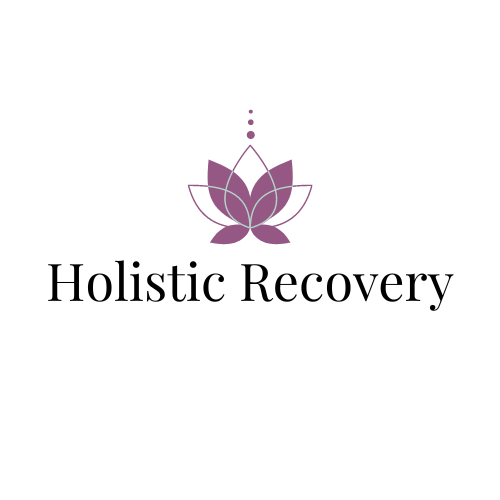
Understanding The Link Between Trauma and Addiction: Healing The Root Not Just The Habit
Addiction is often misunderstood. It’s seen as a moral failing, a lack of willpower, or simply “bad choices.” But the reality is far more complex—and far more human.
At the heart of many addictions is something deeper: unresolved trauma.
As renowned physician and addiction expert Dr. Gabor Maté writes, “The question is not why the addiction, but why the pain?” This shift in perspective opens the door to healing—not just of behaviours, but of the underlying wounds driving them.
What Is Trauma, Really?
Trauma isn’t just about what happened to you. It’s about what happens inside you as a result.
Trauma can stem from single incidents—like an accident, assault, or sudden loss—or from long-term experiences such as neglect, emotional abuse, poverty, or growing up in an environment where your emotional needs weren’t met.
Trauma isn’t defined by the event itself, but by the impact it has on your nervous system, your sense of safety, and your connection to yourself and others. It can leave the body and mind in a state of chronic stress, hypervigilance, or emotional numbness.
And when the inner pain becomes too much to bear, many people turn to something—anything—that brings relief.
Addiction as a Coping Strategy
Dr. Maté describes addiction as an attempt to escape suffering. Whether it’s alcohol, drugs, food, gambling, or even work—addiction offers short-term relief, distraction, or soothing. It fills in for what’s missing: connection, regulation, safety, meaning.
In his work, Maté notes that nearly all the patients he treated for addiction had significant histories of trauma, often beginning in early childhood. They weren’t chasing a “high”—they were trying to feel normal, or to feel nothing at all.
In this light, addiction is not the problem—it’s a symptom of deeper pain.
How Trauma Fuels the Cycle of Addiction
Unresolved trauma changes how we experience the world:
It keeps the nervous system in a state of fight, flight, or freeze
It affects our ability to self-soothe and regulate emotions
It distorts our self-perception, often leading to shame, guilt, and low self-worth
It limits our capacity for connection and safety in relationships
Addiction often emerges as a way to cope with these ongoing effects. Substances or behaviours become a way to manage overwhelming emotions, quiet intrusive thoughts, or escape painful memories.
But over time, this coping strategy creates its own set of problems—damaging health, relationships, and the ability to feel joy or presence without the addictive behaviour.
Healing Requires More Than Stopping the Behaviour
Because addiction is often rooted in trauma, lasting recovery means more than detoxing or breaking a habit. It means creating safety in the body again. It means building emotional awareness, trust, and compassion.
It also means validating the pain that led to the addiction in the first place.
Healing from trauma doesn’t require re-living every past event—but it does involve:
Learning to regulate the nervous system
Developing self-awareness and emotional resilience
Creating safe, supportive relationships
Reconnecting with a sense of meaning, purpose, and belonging
The Role of Compassion in Recovery
Self-judgment keeps people stuck in cycles of addiction. Compassion is what breaks the cycle.
When we understand addiction as a response to pain—not a personal failure—we open the door to gentler, more effective recovery. This is at the core of Dr. Maté’s approach: not fixing people, but helping them reconnect with their wholeness beneath the pain.
Therapies that address trauma—like Embodied Processing, somatic experiencing, EMDR, trauma-informed mindfulness, and compassionate inquiry —can support this deeper level of healing.
The Takeaway: Treat the Pain, Not Just the Pattern
Addiction recovery rooted in trauma awareness doesn’t just ask, “How do we stop the behaviour?” It asks, “What has this person been through? What do they need to heal?”
This shift isn’t just more humane. It’s more effective.
When people feel safe, seen, and supported, they can begin to release the strategies that no longer serve them and build new ways of being.
And when we understand addiction through the lens of trauma, we move from blame to empathy, from shame to support—and from survival to true healing.
Ready to Explore Trauma-Informed Recovery?
If you’re navigating addiction or supporting someone who is, understanding the role of trauma is essential. Healing is possible—but it starts with compassion, curiosity, and a willingness to look beneath the surface.
Whether you’re new to mindfulness, somatic healing, or ready to dive deeper into your recovery journey, there are resources and practices that can support you—not just to stop the behaviour, but to truly heal.




